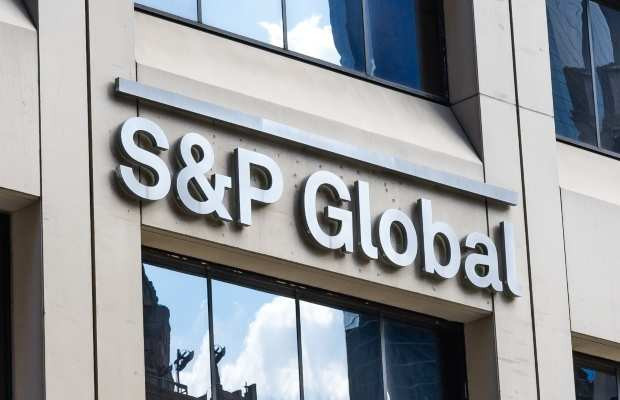The rating agency predicts inflation to drop to 4.5% in 2023 and 2% by 2026, largely due to declining food and energy prices.
Rabat – US credit rating agency S&P Global Ratings benchmarked Morocco’s credit rating at “BB+/B,” with the agency attributing its “stable” outlook on Morocco’s ratings to the country’s ongoing structural reforms that will support robust economic growth.
In a report published on March 31, titled “Morocco ‘BB+/B’ Ratings Affirmed; Outlook Stable,” S&P said that Morocco’s ongoing economic and fiscal reforms ought to open the door for more inclusive growth, increased domestic and foreign private investment, and a gradual decline in external and budget deficits.
The new rating includes Morocco’s long-term and short-term foreign and local currency sovereign credit ratings.
S&P projects a steady rise in Morocco’s GDP, by 3.5% in 2023 and 3.4% a year in 2024-2026.
The rating agency attributed Morocco’s GDP rise in 2023 to the country’s rebound in agricultural output and robust performance by its main export-oriented sectors, including tourism, phosphates, automotive, and aerospace.
S&P noted that the economic slowdown in Europe, Morocco’s main economic partner, will limit growth beyond this level.
Morocco’s GDP per capita will rise to nearly $5,000 in 2026 from around $4,000 in 2023, S&P said, stressing that the rating remains low in comparison to the other countries.
The rating agency also argued that Morocco’s low per capita income reflects the country’s “persistent structural weaknesses, large informal economy, and wide income disparities between more- and less-developed areas.”
Inflation And Unemployment
The report further predicts inflation to drop to 4.5% in 2023 and 2% by 2026, down from 6.6% in 2022, largely due to declining food and energy prices.
S&P noted that Morocco has a high unemployment rate, particularly among youth, and emphasized that the country heavily relies on agriculture despite its efforts to diversify its economy.
“Agriculture represents roughly 10% of GDP and 30% of employment, making the economy particularly vulnerable to weather and rainfall patterns,” S&P said.
The agency noted that it may upgrade Morocco’s credit rating if budgetary consolidation proves to be “significantly faster than expected,” resulting in a significant decrease in net general government debt to GDP.
It also said it could lower Morocco’s ratings if economic and external imbalances worsen, resulting in a significant increase in the country’s gross financing needs.
Source: Marocconewsworld

















Add Comment